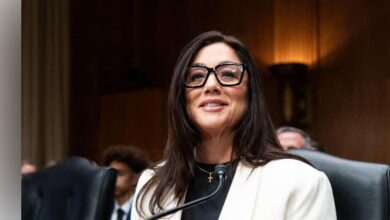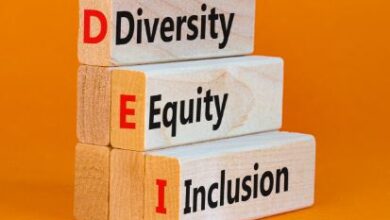Young Black Voters Are Leaning More Conservative: Exploring the Shift from Their Parents’ Views

A noticeable shift is emerging among young Black voters, with many expressing more conservative views compared to their parents’ generation. This trend has sparked interest and analysis as it reflects changing priorities and perspectives within the Black community, particularly among younger voters.
Several factors contribute to this shift. Economic concerns, including entrepreneurship and financial independence, have become increasingly important to young Black voters. Many are drawn to conservative ideologies that emphasize lower taxes, fewer regulations, and a focus on business growth. This economic pragmatism, coupled with the desire for self-reliance, resonates strongly with those looking to carve out their own paths in a challenging economic landscape.
Social issues also play a significant role in this political realignment. While older generations of Black voters often prioritize civil rights and social justice, younger voters may place greater emphasis on individual freedoms, including religious liberty and free speech. Some young Black voters are more likely to question progressive stances on issues such as gender identity, policing, and education, aligning instead with more traditional or moderate views.
Additionally, the perception that both major political parties have failed to adequately address the needs of the Black community has led some young voters to explore alternatives. Disillusionment with the political establishment has prompted a search for new solutions, with some finding conservative principles more appealing than the policies traditionally supported by the Democratic Party.
However, this trend is not uniform across all young Black voters. While a growing number may lean conservative, many still align with progressive causes, particularly in areas like healthcare, criminal justice reform, and voting rights. The diversity of opinion among young Black voters reflects a broader shift toward more individualized and issue-specific political engagement, rather than strict party loyalty.
This evolving political landscape suggests that the Black vote, historically seen as a Democratic stronghold, may become more complex and less predictable in the years to come. As young Black voters continue to redefine their political identities, their impact on future elections could be significant.





